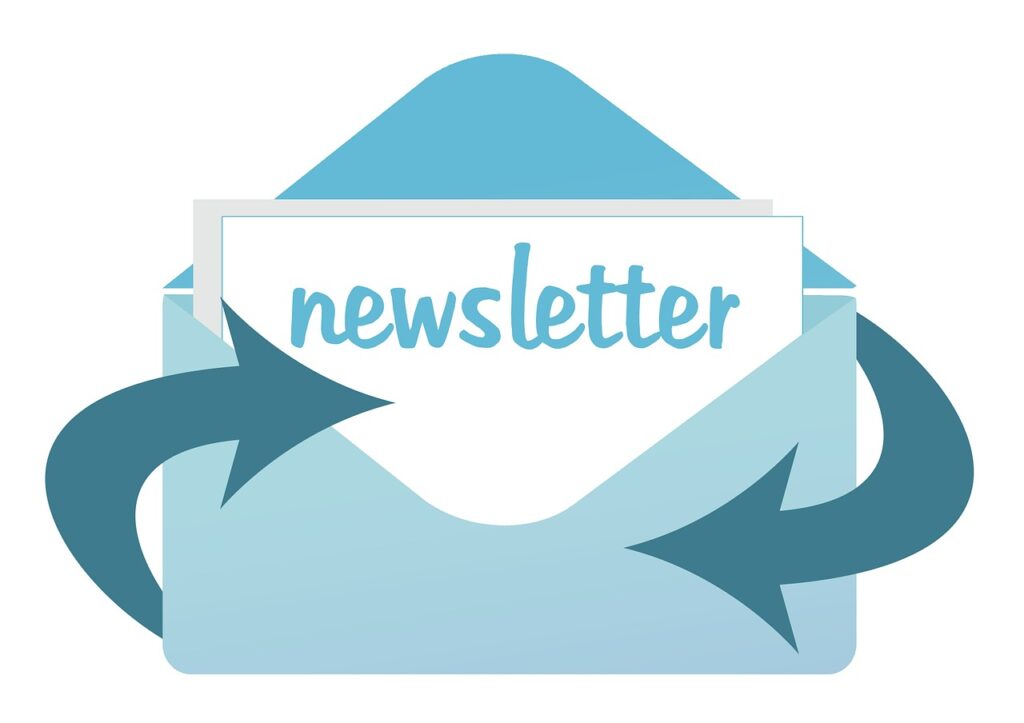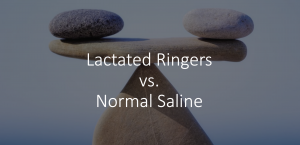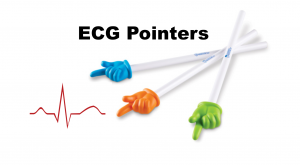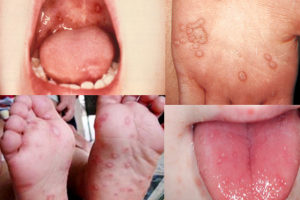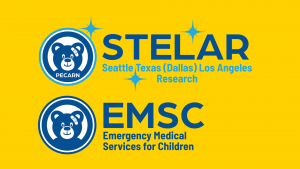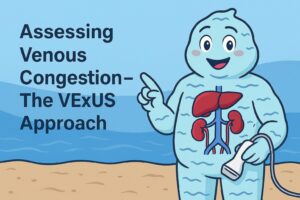Author: Gerben Keijzers, MBBS, PhD, FACEM (@GKeijzers_EM, Senior Emergency Physician, Gold Coast University Hospital, QLD, Australia; Professor (adjunct) Bond University, Gold Coast, QLD, Australia; A/Prof Griffith University/Menzies Health Institute Queensland, Australia) // Edited by: Alex Koyfman, MD (@EMHighAK) and Brit Long, MD (@long_brit)
1) Why still Emergency Medicine?
My workload is half clinical, half teaching/research. The combination of having students asking critical questions, being able to develop research projects that challenge dogma and then translate this academic work into daily clinical work on the floor is a great synergistic circle. Plus, I enjoy the people in our team – all sensible ‘normal’ people.
2) Most impactful case?
Difficult to say. We get shaped by intense experiences and deep emotions. Several cases have left a deep impression either emotionally or existentially. A few cases that come to mind are 1) a young patient who died due to self-inflicted 100% burns and 2) another young man who died from fulminant meningococcal sepsis.
There was little that our team could do to change either outcome. That’s why I chose a case where we did make a difference as most impactful: a young female patient presented with vertigo. She had been suffering from debilitating vertigo for weeks. It led her to get stressed, which led to sleep deprivation and headaches. This led to her not being able to work. The GP (family doctor) had performed blood tests and a CT brain in the outpatient setting which were normal, but referred her in to rule out a more sinister cause such an acoustic neuroma or MS (multiple sclerosis). The patient was beside herself and very upset.
On re-taking the history it turned out that although her symptoms were ongoing for weeks, the actual ‘spinning’ part of the vertigo lasted only 10-15 seconds. It just happened dozens of times per day! She suffered from BPPV (Benign Positional Paroxysmal Vertigo).
After a positive Dix-Hallpike and Epley maneuver her symptoms resolved almost immediately. She walked out an hour later and returned 30 minutes later with a gift. She had bought me a chocolate chip cookie as a thank you. Best present ever received from a patient.
To me this highlights the need for detailed history and examination, and need for awareness of our cognitive biases. We sometimes get caught up in this one-way street of diagnostic medicine and keep doing more and more tests. Doing the simple things well may lead to avoidance of tests and more importantly an earlier diagnosis and less distress for the patient!
3) Most important career decision leading to satisfaction?
To combine clinical work with academic work. It adds to the total of hours worked and number of tasks and deadlines to be completed, but it provides unique insights in the activities of peers who are working at the forefront of new ideas/thoughts/different approaches. Some research ideas are so novel, and I am privileged to get an insight in those ideas before they have come to fruition. As a result, I also get to work with some of the leaders in the field who stimulate me to keep them asking questions continuously. And I return the favor to my trainees by asking them questions continuously :-).
4) What does future of EM look like?
Increased focus on low-acuity and high complexity patients. More focus on vulnerable populations who often have medical, social, and mental health issues. For these patient groups it will be especially important to find the balance between under- and overdoing tests and treatments with an increased focus on shared decision making with patients and their families.
5) Greatest achievement / why giving back is important?
One area I am most proud of is the development of our research group within our department. Ten years ago, we had next to no emergency research output or activity, where now we obtain significant amounts of research funding, publish papers and are currently involved in over 60 projects. We have dedicated research staff and our trainees can do an accredited rotation in emergency medicine research. Medical, nursing, allied health and pre-hospital teams are all part of this collaborative research group and as a result we are now a well-recognized emergency research group in Australia and NZ. Our clinical staff have embraced this too and they play a pivotal role in recognizing patients eligible for recruitment. Again, it comes down to a culture that supports critical thinking and I am proud of our pro-research department where clinical work and clinical research go hand in hand.
6) Favorite failure?
I have experienced many failures, both in clinical and research settings. None of them are truly a favourite :-).
A failure with a positive spin was the rejection of a journal article by 7 (seven!) successive peer reviewed journals. Interestingly the paper was eventually accepted by the ‘BMJ open’ and received good feedback. The ongoing rejection of the paper translated into an attitude where I was going to finish what I started ‘no matter what’. Patience and persistence paid off.
Another current failure is my lack of ability to satisfactorily engage administrators to support clinical research more (and attract and retain young clinician-researchers with great potential). Speaking ‘admin talk’ is a skill I need to further develop to achieve better outcomes for my department/hospital. So maybe not a ‘failure’ but an ‘area of development’.
7) One thing you would change about our field?
Quality is difficult to measure. We have many ‘quality indicators’ that are really just surrogate markers for quality. I understand that efficiency, efficacy and access to care are very important, but I am worried that too much focus on process measures (mainly measured in times) can work counterproductive and lead to unwanted outcomes. Speed and accuracy are two different entities – and faster is not always better. I would like to see true patient-centered quality outcomes to feature more prominently in policy and strategic documents. If Emergency clinicians were supported in doing the basics well (history, examination and targeted tests), I would argue this would lead to better patient outcomes, more convenience and work satisfaction for staff and it would probably be cheaper with better health-economic outcomes too!
8) Something that you love that has indirectly impacted your EM career?
I have been a passionate martial artist since I was 8 years old. This started out with Judo, but about 14 years ago I started Brazilian jiu-jitsu (BJJ). The learning that happens on those mats makes you realise how little you know. There is always somebody faster, more technical or stronger. There is always someone who can show you something you haven’t seen before. Despite dedicated deliberate practice for years and years, I still feel like there are so many things I don’t know yet. It keeps you humble. This parallel is important in medicine, and it is important to realise there will be things you know you don’t know – but also things you don’t know you don’t know.
3 people you’d like to see fill this out
1) Amanda Harley
2) Gary Berkowitz
3) Louise Cullen
